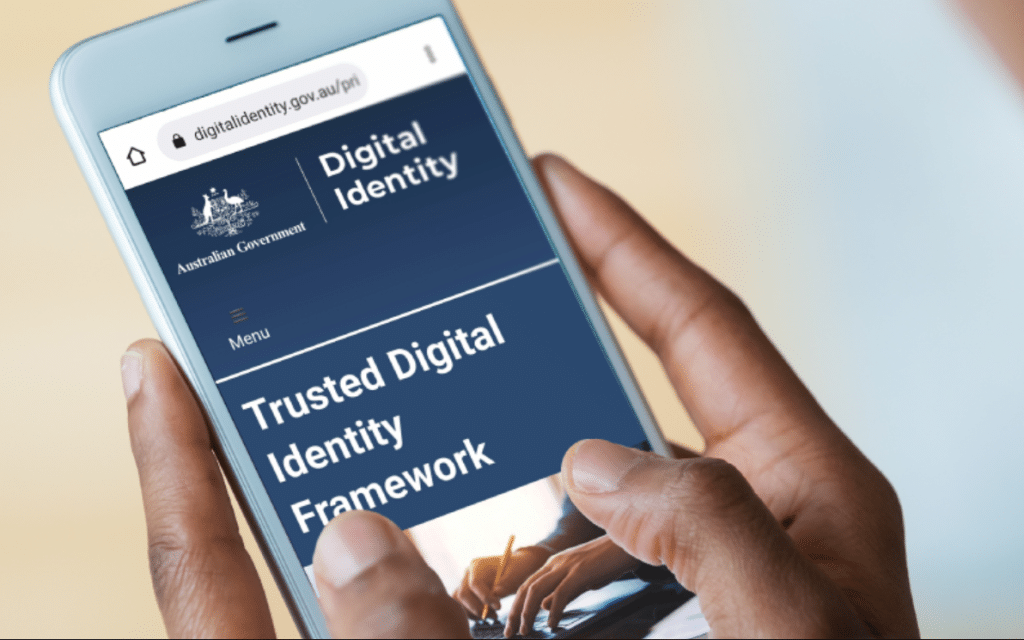Australia’s Digital ID Bill is being amended to bring private sector identity service providers into the system within two years, in an attempt to gain enough Senate votes for approval, InnovationAus reports.
Opposition parties the Coalition and Greens had signaled they would not support the version of the bill which was approved in the lower house. Rolling the system out incrementally would be a “Big Government” approach, according to the Coalition.
The Labor Party holds only 26 of 76 seats in the upper house, so must gain the support of at least one other party to pass the legislation.
Assurance that private sector identity verification and service providers can be accredited within two years could knock down a hurdle to that support.
The amendments also add transparency requirements for law enforcement accessing the biometric data held by the ID system. Annual reports to the Attorney General will be passed on to parliament.
Language has been added to clarify that the digital ID is voluntary, in response to dissenting remarks in a Senate committee report expressing concern about requirements being added in the future, according to iTnews. Businesses will be required to maintain a method of service access that does not rely on digital ID.
Greens Spokesman David Shoebridge told The Australian Financial Review that “Genuine voluntariness and genuine consent” are necessary to ensure the bill does not create “more a loophole than a protection.”
New rules will also require explicit consent from an individual who has deactivated their digital ID for it to be reactivated.
No racial identifiers in digital ID
Finance Minster Katy Gallagher rejected proposals to amend a prohibition on including racial identifiers with the incoming Australian national digital ID, however, reports The Mandarin.
Australia’s domestic payment organization Australian Payments Plus (AP+) has been resisting the proposed ban on embedding racial identifiers in the draft legislation on the country’s upcoming national digital identity.
The organization, owned by Australia’s four biggest banks and supermarket chains Woolworths and Coles, is arguing that identifying with certain attributes would increase inclusivity for Aboriginal communities that often have to prove their status to access certain benefits, according to a separate article from The Mandarin.
A blanket ban on allowing the choice of an Aboriginal or Torres Strait Islander to use a digital identity to verify that specific attribute is “restrictive,” AP+ chief executive Lynne Kraus told the Senate Economics Legislation Committee.
National banks and biometric testing provider BixeLab have previously raised concerns about rules referring to biometric testing, including a clause banning the collection of racial or ethnic attributes. BixeLab and other testing providers say that the ban prevents them from using such data to assess racial bias in biometric algorithms. The issue of racial identifiers, however, has raised questions about how the digital ID project would manage racial profiling.
The government’s decision could present an opportunity for the WUNA Digital ID, which is designed to enable Australian Aboriginals to prove their status, and is backed AP+. If it is considered a national digital ID under the bill, however, WUNA would not be legal.


